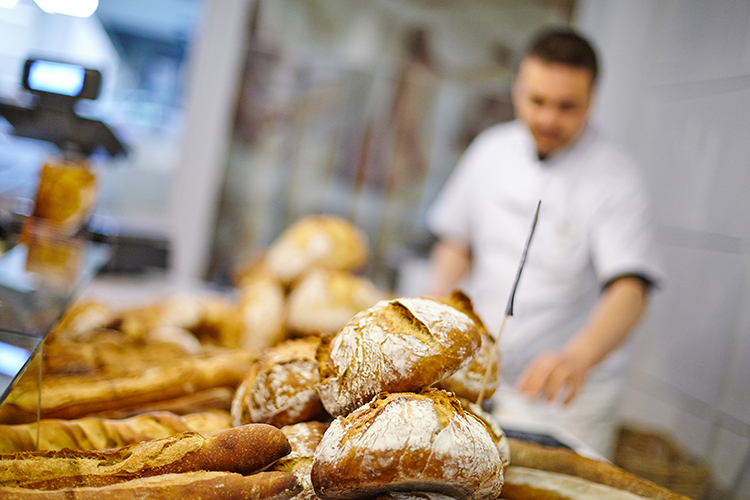
When COVID was at its peak, experts in health, business and other fields tried to forecast what the “new normal” would look like, once the pandemic was under some form of control.
Two years later, we’re still dealing with COVID, and our collective crystal ball has been clouded by other unknowns — some of which we couldn’t have foreseen in 2020, while others the pandemic has made worse: worldwide supply chain shortages and delays, a labor crunch, runaway inflation and fertilizer shortages, to name a few.
“Years before the pandemic began, many logistics professionals were stressing about the likelihood of shipping challenges due to shortages of truck drivers,” said Jennifer Halliburton, senior manager of market insights for Lenexa, Kan.-based Corbion. “Fast forward several years into COVID, and now we layer on supply shortages due to labor shutdowns across the globe, combined with millions of consumers now surfing the internet and making online purchases that put even more strain on the shipping and delivery system.”
While there was initially hope that many of these problems could be resolved this year, many experts are now saying it could be well into 2023 before real relief arrives.
But as severe as those challenges have been, the worst one for the baked goods world is likely the one that was the least predictable: the War in Ukraine.
Ukraine isn’t called the “breadbasket of Europe” for nothing. The country supplies a significant portion of grain and oil to the commodities market. Ukraine and Russia together supply about 26% of the world’s wheat, and Ukraine alone supplies 46% of the world’s sunflower seed oil.
Even if the war were to end today, there are longer-term impacts to supplies of these commodities due to disrupted shipping routes, disrupted planting cycles, damaged crops, labor shortages and trouble getting crops out of fields.
The way forward
That “new normal” people were talking about two years ago in the wake of COVID is now, with all of the other problems added to it, more of a “new new normal.”
Adjusting to it has created unprecedented challenges for most industries throughout the world. For the baked goods industry, one way forward is to adjust formulations based on what ingredients are available and when.
Manufacturers and bakers who are able to adjust their formulations quickly and still deliver premium quality and longer shelf life will be the big winners no matter what potential obstacles may arise in the future.
Corbion finds and validates alternatives quickly by continuing to track market insights and innovate within the space, said Yanling Yin, the company’s director of R&D.
“With all the knowledge and expertise that we have in the areas of ingredient functionalities, we are confident that we can continue to provide support,” she said.
The supply challenges of the past two years, Halliburton added, have made the baked goods industry much more aware of its own reliance on the global food supply chain system.
“Bakers work hard to balance the art and science of baking so that they get consistent results. All the various inputs and ingredients needed for baking a single loaf of bread, or making a delicate pastry are reliant on the right combination of science, art and quality ingredients.”
Change one of those ingredients in any way, and the whole process may need to be adjusted. Changing multiple ingredients or the source of ingredients and the adjustments become more complex. Partnering with experts at Corbion and its technical services team, Halliburton said, can help manufacturers and bakers navigate these changes, challenges and adjustments in their baking operations.
Corbion offers a broad portfolio of solutions to maintain or extend finished product shelf life, minimize distribution expense, and reduce the use of gluten, oils and other ingredients whose availability can be unpredictable.
It’s just one example of how, through innovation and Mother Necessity, the baked goods industry is adjusting to the unique challenges of today’s marketplace.

